The project will explore regenerative farming off New South Wales
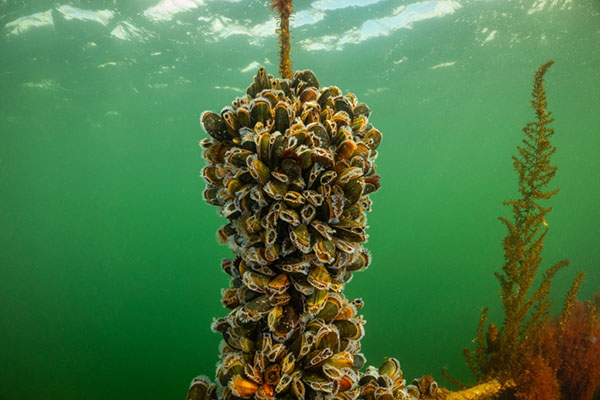
The Blue Economy Cooperative Research Centre (CRC), the University of Wollongong and local aquaculture industry leaders are collaborating on a new community-focused project focused on regenerative farming. The project aims to explore the integration of Indigenous, community and economic values in the emerging seaweed and shellfish farming sector in the waters off the south coast of New South Wales (NSW), Australia.
“Working with community and industry leaders at the onset of an emerging industry allows a deep exploration of what contributes to social license and how new and emerging industries like seaweed farming can work in partnership with local communities to maximize environmental, social and economic benefits from day one,” said Angela Williamson, director of blue policy and planning at Blue Economy CRC.
Shellfish farming dominates Australia’s regenerative farming footprint. The NSW south coast is already home to a healthy and vibrant oyster industry along with two mussel farms in Jervis Bay and Eden, with the capacity to grow responsibly. However, Australia’s coastal waters are home to thousands of native seaweed species and offer the potential for a thriving seaweed industry that can contribute to not only local economic growth but also play a role in improving water quality.
The project examines the potential to further develop regenerative farming in the waters off the south coast of NSW, including optimizing marine space through the co-location of seaweed and shellfish on the same sites.
Australian shrimp growers demonstrate how to farm black tigers with WSSV knocking on their door
The project team will work alongside community members, Indigenous rights holders and other marine estate users to understand what matters to them when it comes to growing the blue economy, and what is needed to address community sentiment and grow community support for regenerative aquaculture opportunities in the local area.
“Our role in this collaboration is to conduct research that will explore how communities feel about these new activities, and identify how these businesses can work with local residents to share the benefits of the developments and address any areas of concern,” said Dr. Michelle Voyer from the University of Wollongong.
A series of community-focused consultations and events are planned in the next few months, including a phone-based survey and open community information sessions. The results will form advice to industry and government partners about potential pathways for “meaningful and genuine collaborations” when they undertake formal impact assessment and approval processes.
Follow the Advocate on Twitter @GSA_Advocate
Now that you've reached the end of the article ...
… please consider supporting GSA’s mission to advance responsible seafood practices through education, advocacy and third-party assurances. The Advocate aims to document the evolution of responsible seafood practices and share the expansive knowledge of our vast network of contributors.
By becoming a Global Seafood Alliance member, you’re ensuring that all of the pre-competitive work we do through member benefits, resources and events can continue. Individual membership costs just $50 a year.
Not a GSA member? Join us.
Author
Tagged With
Related Posts
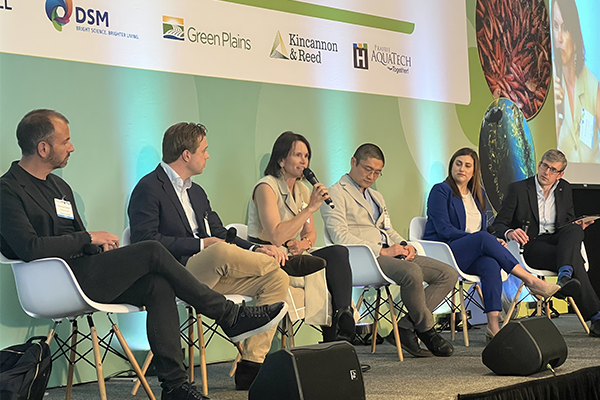
Innovation & Investment
‘We have 15 years to fix this planet’: Blue Food Innovation Summit explores potential of restorative aquaculture – and the challenges to scaling
At the Blue Food Innovation Summit, discussions centered on restorative aquaculture’s potential and financing the ocean’s capabilities.
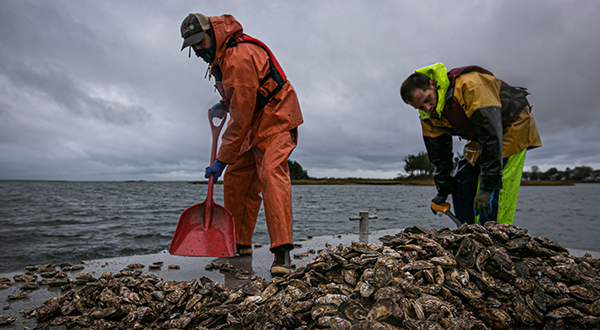
Responsibility
The Nature Conservancy and Pew team up to support oyster aquaculture, restoration
Funding will help rebuild oyster reefs, as well as promote innovation, resilience and diversity within the oyster aquaculture industry.
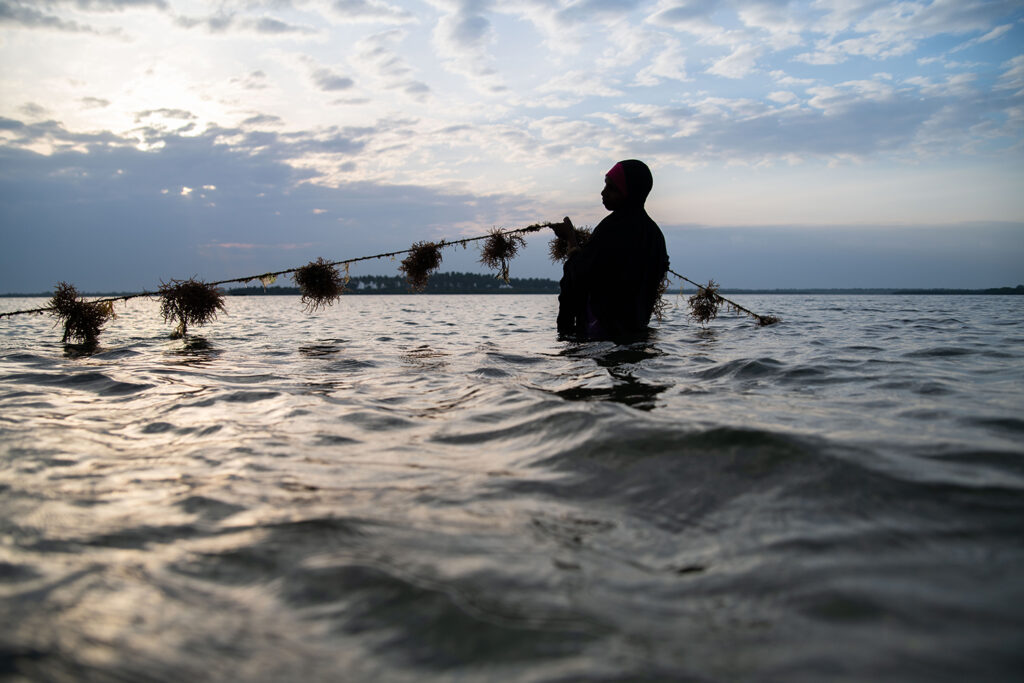
Responsibility
Study: Aquaculture can be ‘part of the solution’ to marine ecosystem restoration
A new study has identified 12 potential ecological benefits of aquaculture, which can help marine ecosystem restoration.
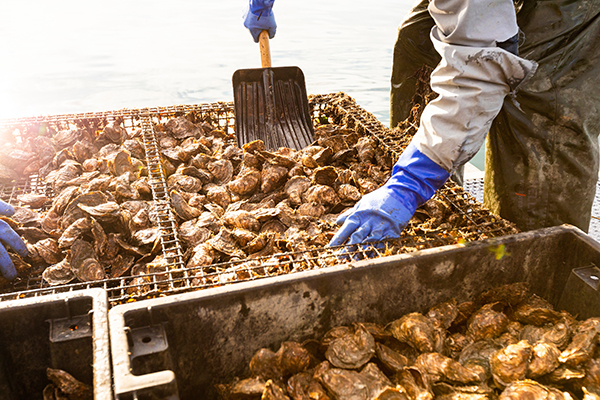
Responsibility
The Nature Conservancy defines restorative aquaculture in new study
The Nature Conservancy's latest study sets out a standard definition of and global principles for restorative aquaculture.



